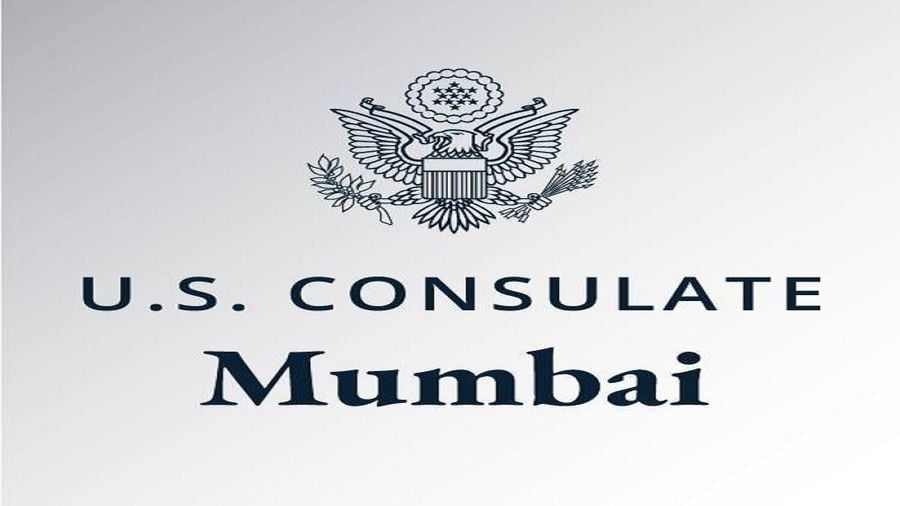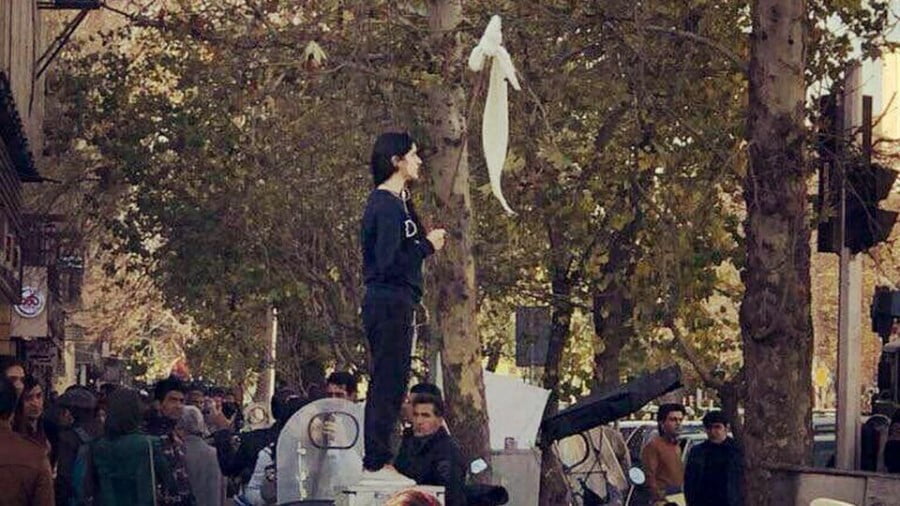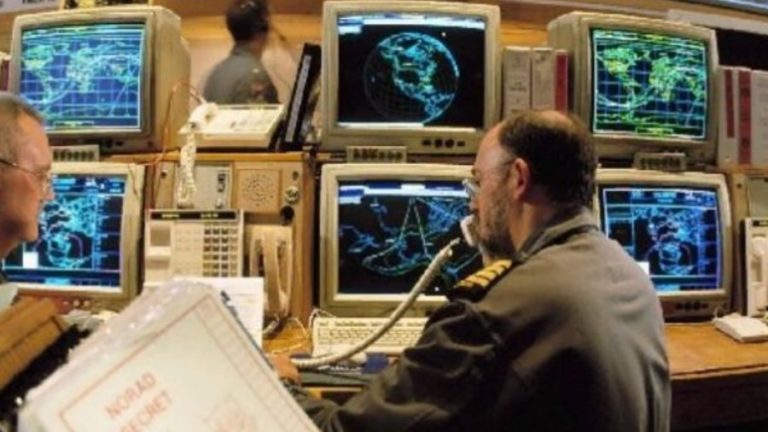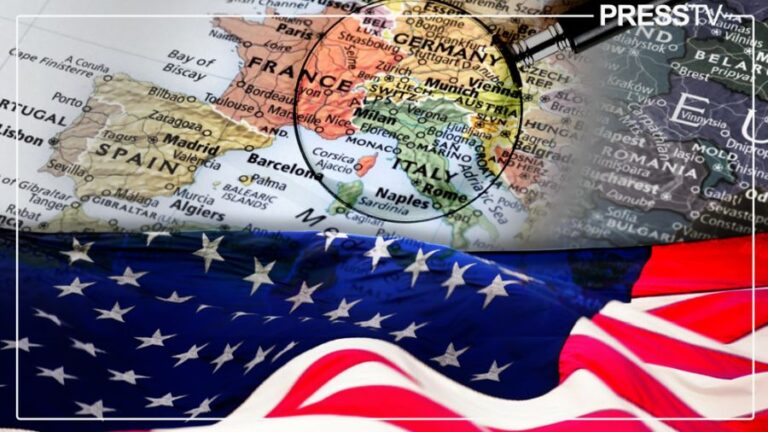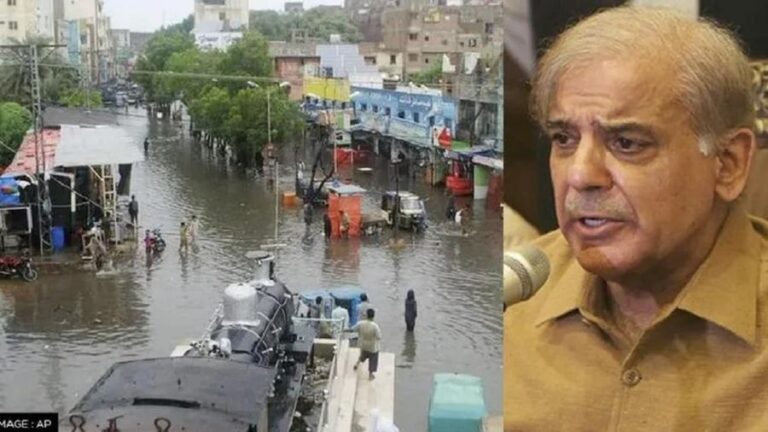The American Consulate in Mumbai Mustn’t Behave Like a Viceroy
The American Consulate in Mumbai has no place whatsoever at all in demanding that India ban Russian vessels, and it’s only as a result of Delhi’s goodwill that there hasn’t (yet?) been an official condemnation of this.
ThePrint, one of India’s reputable online media outlets, reported on Saturday that the American Consulate in Mumbai demanded a fortnight ago that that Russian vessels not be allowed to enter that city’s port. The Mumbai Port Authority in turn sought guidance from the Directorate General of Shipping that then asked the Ministry of External Affairs what to do, the last of which declined to comment. Considering that this incident happened around half a month ago yet no credible reports have since emerged even remotely suggesting that India is planning to take this demand seriously, it can be concluded that it was politely rebuffed just like all other examples of American pressure thus far.
What’s exceptional about this example though is that it coincided with the run-up to India’s participation in last month’s G7, which itself suggested that the US had finally begun to accept the fact that it has no alternative to respecting its partner’s strategic autonomy vis a vis Russia if it hopes to retain excellent relations with it. This subsequent revelation shows that America’s typical “good cop, bad cop” approach was still being employed behind the scenes whereby it sought to continue wooing India at the same time as making neo-imperialist demands of it. Put another way, the American Consulate in Mumbai had unofficially appointed itself the viceroy tasked with regulating Russian-Indian relations.
That’s absolutely unacceptable to India and confirms that the US still hasn’t learned to fully respect its partner’s sovereign right to conduct an independent foreign policy in alignment with its objective national interests. Absent that, Indian-American relations will never reach their full mutually beneficial potential because Washington will always hold everything back by making similarly ridiculous demands of Delhi. The deeper problem is that the US’ military, intelligence, and diplomatic bureaucracies (“deep state”) don’t truly understand India no matter how much some related experts claim that they do otherwise this atrocious incident with the American Consulate in Mumbai wouldn’t have happened.
The prerogative is on the US for recalibrating its policy since India has been unambiguously clear about its principled pursuit of objective national interests as recently confirmed by External Affairs Minister Jaishankar in late May and early June, both events of which predated the self-assumed “viceroy’s” demand. India is speaking, but American isn’t listening, which can only be the result of hubris connected to its discredited supremacist ideology of “American Exceptionalism”. Despite the decline of its unipolar hegemony throughout the course of this latest accelerated phase of the global systemic transition to multipolarity, the US has counterproductively doubled down on this ideology instead of moderated it.
This observation confirms just how divorced from reality its “deep state” decisionmakers have become. A sober reading of the geostrategic dynamics associated with the emerging Multipolar World Order would imbue one with an understanding of the urgent need to reform American policy towards India in order to optimize the mutually beneficial potential inherent in their bilateral relations. Instead, the US is clinging to outdated imperialist policies that wouldn’t be out of place during the Raj era. The American Consulate in Mumbai has no place whatsoever at all in demanding that India ban Russian vessels, and it’s only as a result of Delhi’s goodwill that there hasn’t (yet?) been an official condemnation of this.

